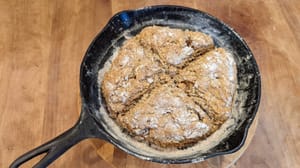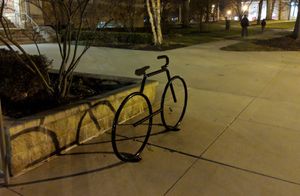We have become used to managing collections of digital resources: images, music, citations. Zotero is one response to the question of how we will manage collections of scholarly resources. Raymond Yee’s suggestive triple does good service describing the motivation: we want to be able to easily gather, create, and share resources. This general question has emerged strongly in library contexts recently.
The interesting Digital Lives project was advertized on various lists the other week.
As we move from cultural memory based on physical artifacts, to a hybrid digital and physical environment, and then increasingly shift towards new forms of digital memory, many fundamental new issues arise for research institutions such as the British Library that will be the custodians of and provide research access to digital archives and personal collections created by individuals in the 21st century. …
… Digital Lives is a major research project focusing on personal digital collections and their relationship with research repositories. It brings together expert curators and practitioners in digital preservation, digital manuscripts, literary collections, web-archiving, history of science, and oral history from within the British Library (one of the world’s leading research libraries) with researchers in the School of Library, Archive and Information Studies at University College London, and The Centre for Information Technology and Law at the University of Bristol. [Digital Lives :: About]
The project blog notes the related work of RLG Programs in this area. Here is the scope:
Problem statement: Personal collection-building tools abound in the online environment, from social bookmarking sites (De.li.ci.ous, PennTags, CiteULike, Zotero etc.) to iTunes and LibraryThing. As libraries seek to integrate their services into the flow of online scholarship and research and to build collections that mirror and support current scholarly practice, they must reexamine the place of personal collections in the research lifecycle. Are research libraries responsible for creating or supplying tools to support personal collection building? Are they responsible for acquiring and preserving the personal collections of the researchers, student,s and faculty they serve? Little is known about how the range of available tools might be integrated in the library service environment, or what opportunities are available for collaborative sourcing of solutions that can meet the needs of libraries, archives, and museums. [Personal Research Collections program [OCLC – New modes of research, teaching & learning]]



